Climate and disaster risk financing in Africa on Wednesday in far away Busan, South Korea, got a fresh boost from the African Development Bank.
“The future of Africa depends on the actions we take today. And we have to have a sense of urgency, said President of African Development Bank, Akinwumi A. Adesina, at the 53rd African Development Bank Group Annual Meetings.
” If we pump in the alliance and partnerships needed, countries will be able to insure themselves of risks.”
The Bank’s Board of Governors held a high-level session on “Climate and Disaster Risk Financing” focusing on the Role of the African Risk Capacity (ARC) and the Africa Disaster Risk Financing Program (ADRiFi).
“Africa contributes no more than 2-3% of greenhouse gas emissions, but suffers disproportionately from the negative impacts of climate change. All across Africa, you see today the high frequency of droughts. Africa has been shortchanged by the climate financing architecture. Therefore, we need instruments that will help mitigate climate risks.”
Pledging Bank support for ARC operations, he encouraged others to follow suit. “It must not be only about the African Development Bank,” he said. “We want more stakeholders to join and more partnerships to make sure that the financing mechanism is there.”
Reiterating the challenges of climate change in Africa, especially the continent’s vulnerability to droughts, floods, tropical cyclones and outbreak and epidemics, ARC Chairperson Ngozi Okonjo-Iweala stated that ARC is about African countries taking charge of their own issues and finding ways to finance their response efforts and broader resilience and development. “We cannot remain a continent that is reliant on the generosity of the broader development community.”
She highlighted the critical role the ADRiFi will play in promoting disaster risk financing on the continent and how countries can access both capacity building and premium financing as part of their long-term resilience building efforts.
The Bank and ARC formalized their partnership In March 2017 to strengthen their technical collaboration towards enhancing the risk management infrastructure and policy across Africa while supporting countries in building resilience against climate shocks.
Following requests from regional member countries for premium financing support, the Bank proposed the ADRiFi program, which will run from 2018-2022, as a comprehensive, sustainable solution for risk transfer within the broader context of disaster risk management.
The high-level session, provided a platform for African Ministers of Finance, the Economy and Planning, who form its Board of Governors, to extend ongoing discussions between the Bank and regional member countries on the importance of disaster risk financing solutions in building resilience and protecting development gains.
ADRiFi aligns with the Bank’s Ten-Year Strategy by enhancing resilience and response to climate shocks in regional member countries by improving the management of natural disaster risk and adaptation to climate change.
The Bank’s Board of Governors shared a common resolve and readiness to galvanize efforts and resources to help regional member countries improve their capacity to plan, prepare, and respond to extreme weather events and natural disasters so as to safeguard food security for Africa’s vulnerable populations.
The livelihoods of more than 70% of Africans depend on farming. A critical component of the High 5 Agenda of the African Development Bank is “Feed Africa” and hinges on unlocking the potential of agriculture.
Most agricultural activity in Africa is rain-fed, making it susceptible to the vagaries of climate change and natural disasters. ARC deploys innovative mechanisms and customized financial tools to help member countries reduce the risk of loss and damage caused by extreme weather events and natural disasters in a timely, cost-effective, objective and transparent manner.
Since its first financial affiliate was established in 2014, ARC has issued policies to eight governments over four drought risk pools. These countries have paid US $54 million in premiums (95% of which has come directly from national budgets) for a total coverage of approximately US $400 million over the period. ARC has further paid out US $37 million to countries affected by drought whose policies were triggered (Malawi, Mauritania, Niger, and Senegal). These funds have been used to support over 2 million people and 1 million livestock.
Sharing his excitement for the partnership with the Bank and especially the ADRiFi program, ARC Director General, Mohamed Beavogui, expressed optimism that more African member states will be able to participate in the insurance pool when the Bank makes premium-financing support available to them.
“The ability of Africa to fully provide parametric insurance against extreme weather events and other natural disasters is a critical next step towards achieving food security on the continent and reducing the current over reliance on the international humanitarian financing system for support.”













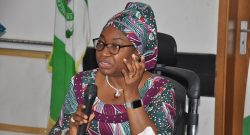
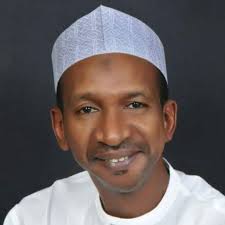




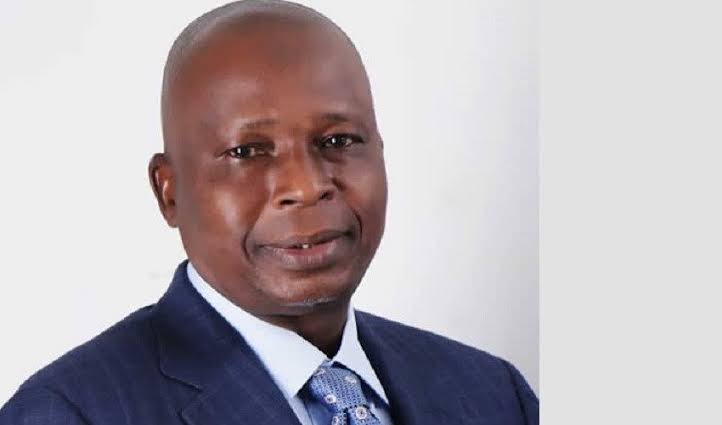



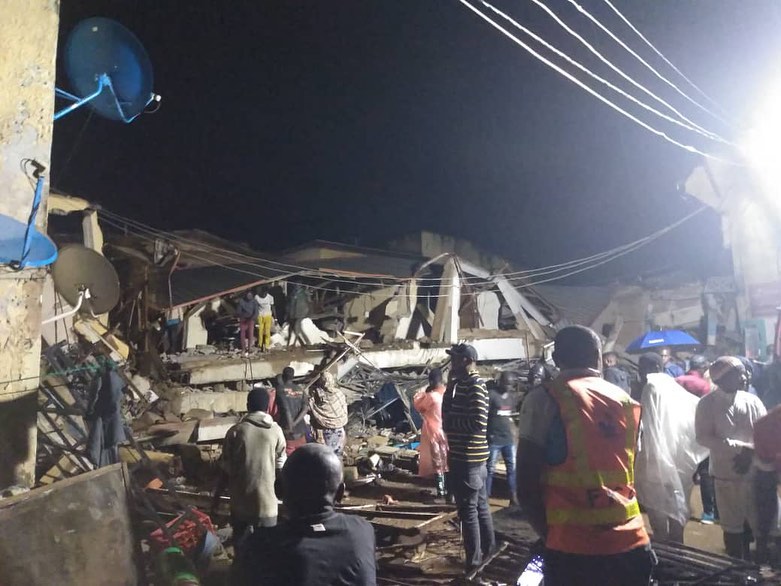
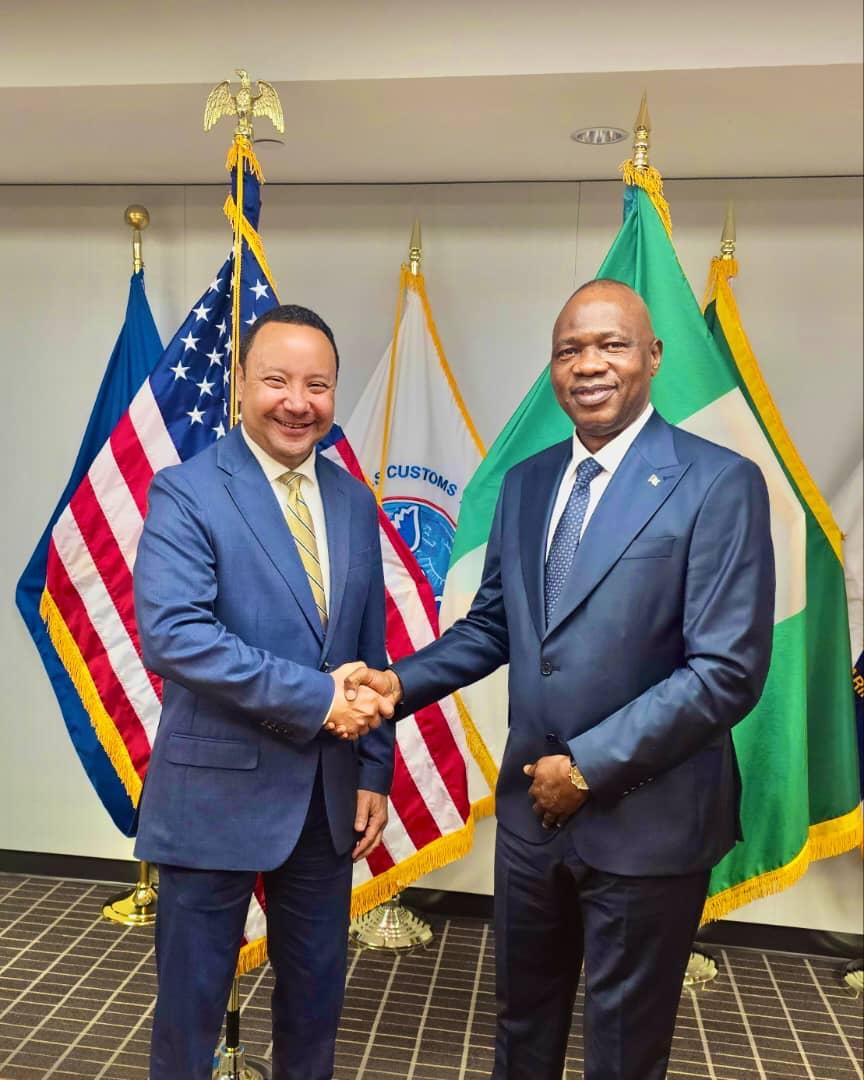
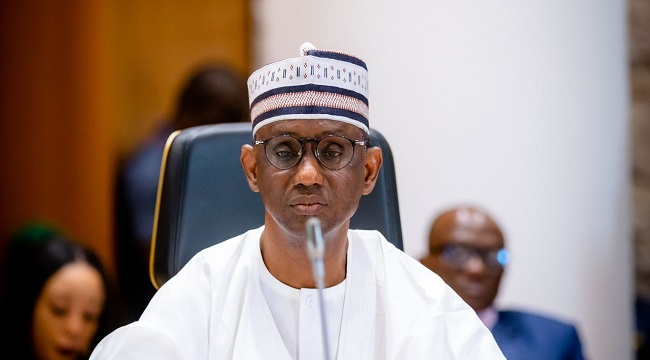
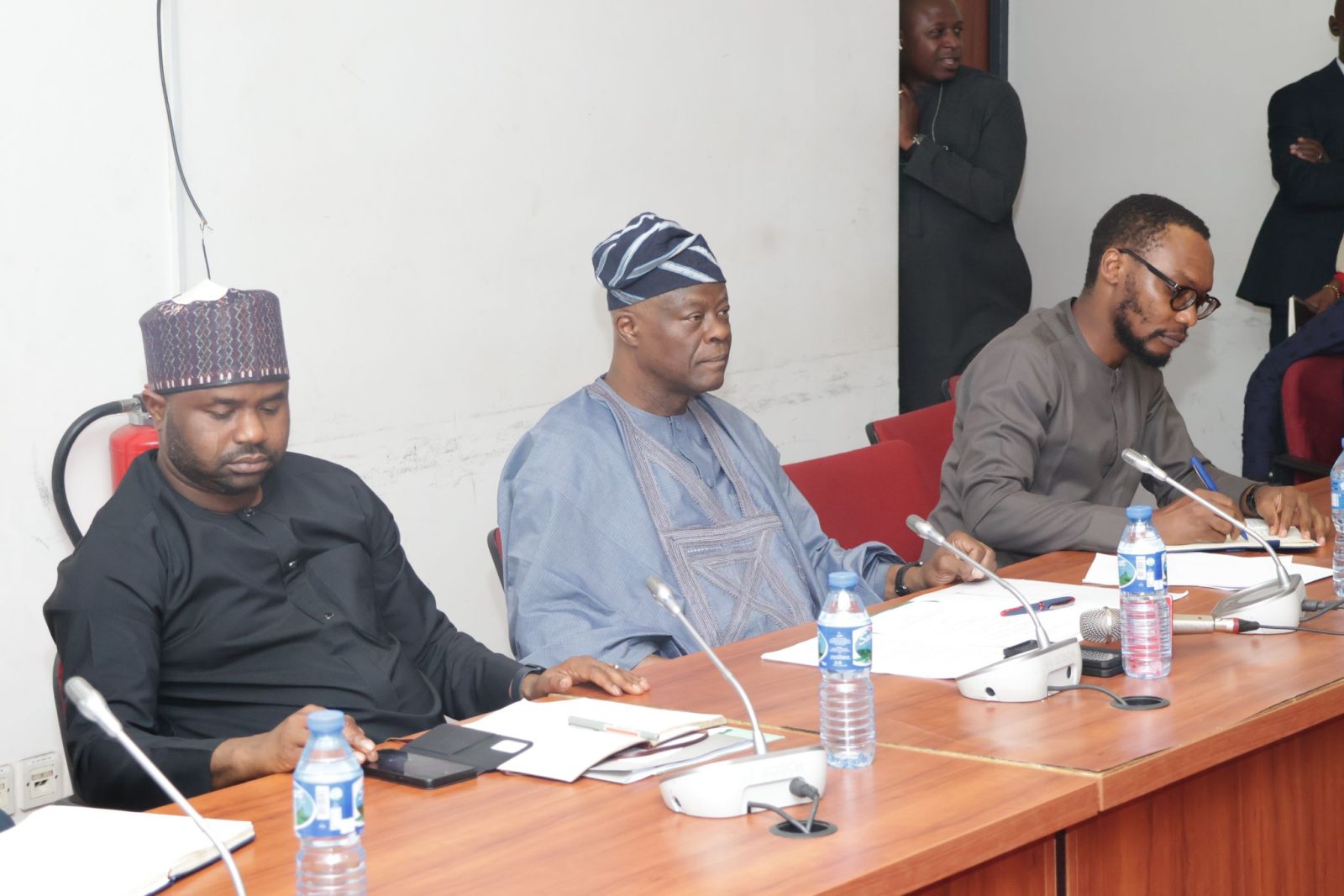


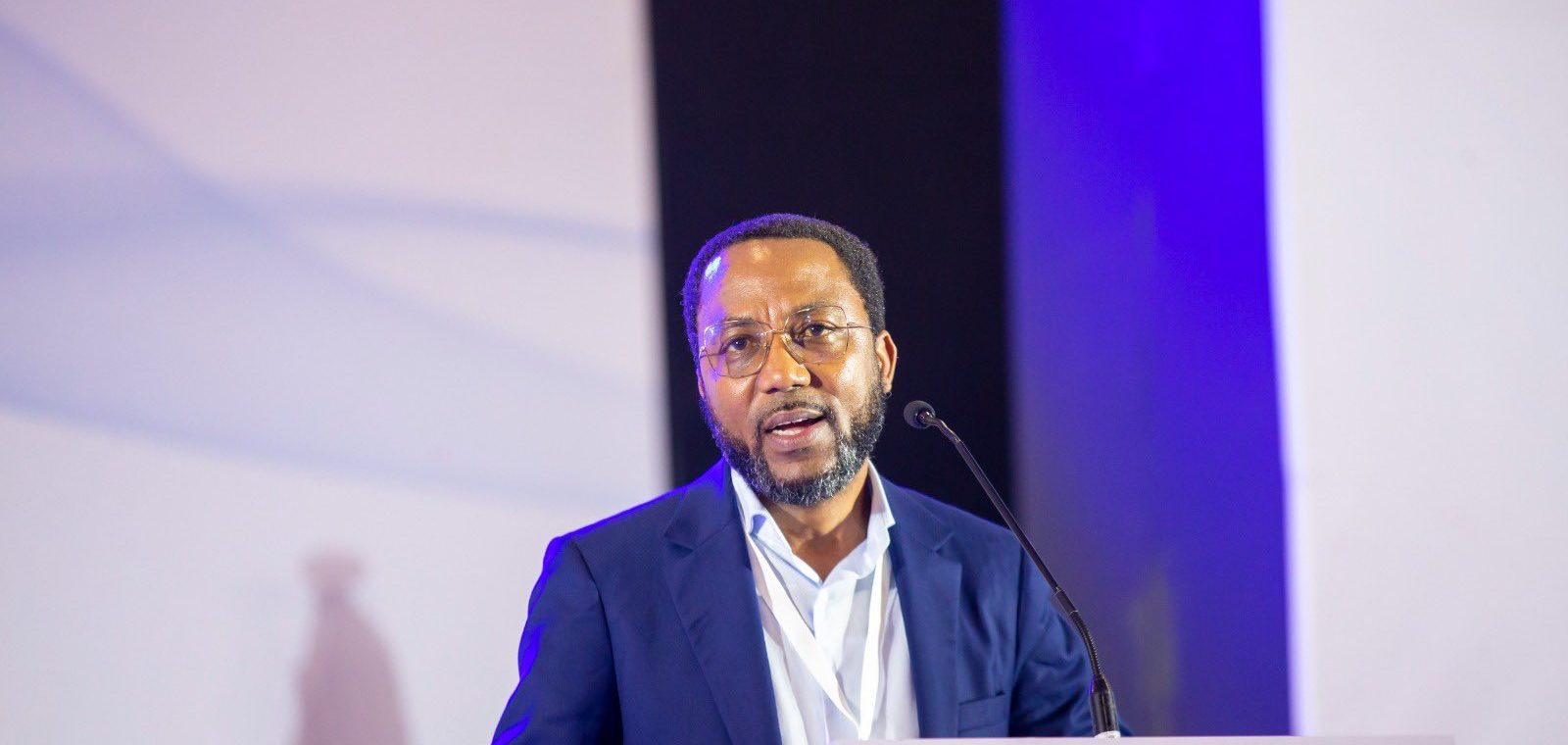
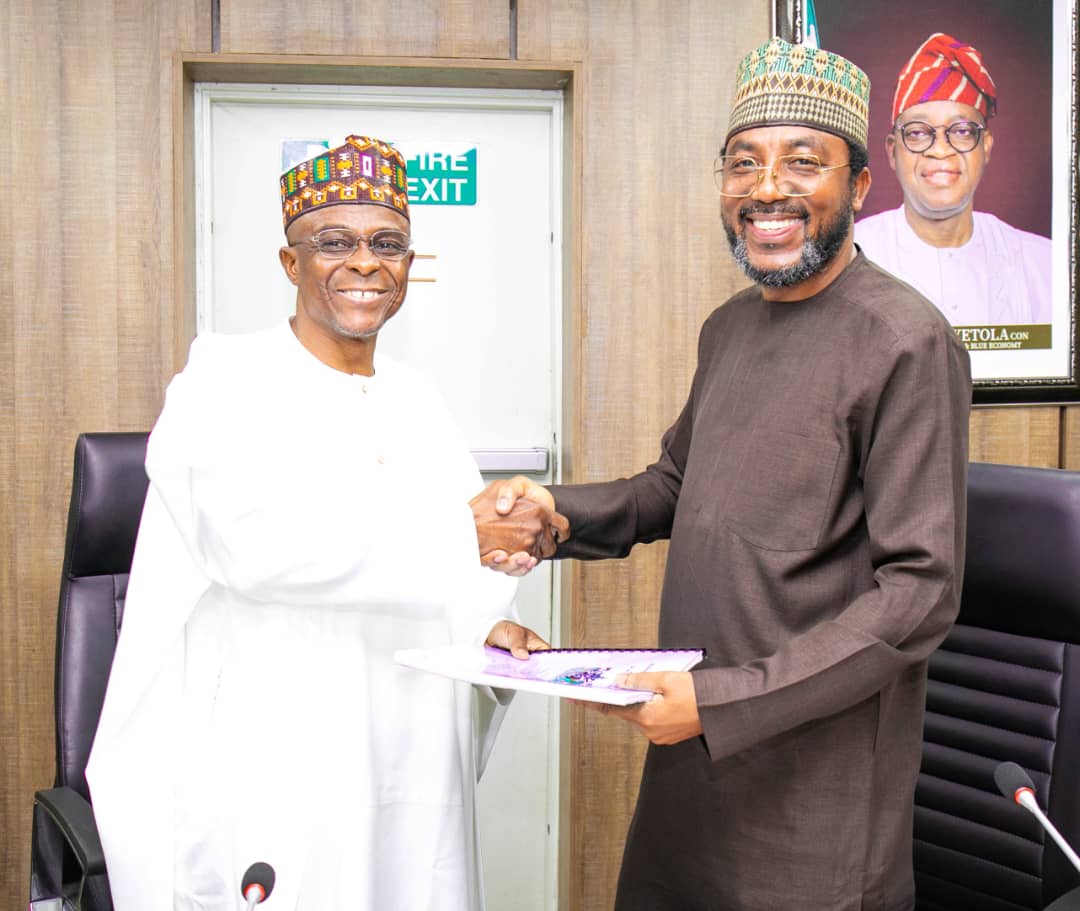


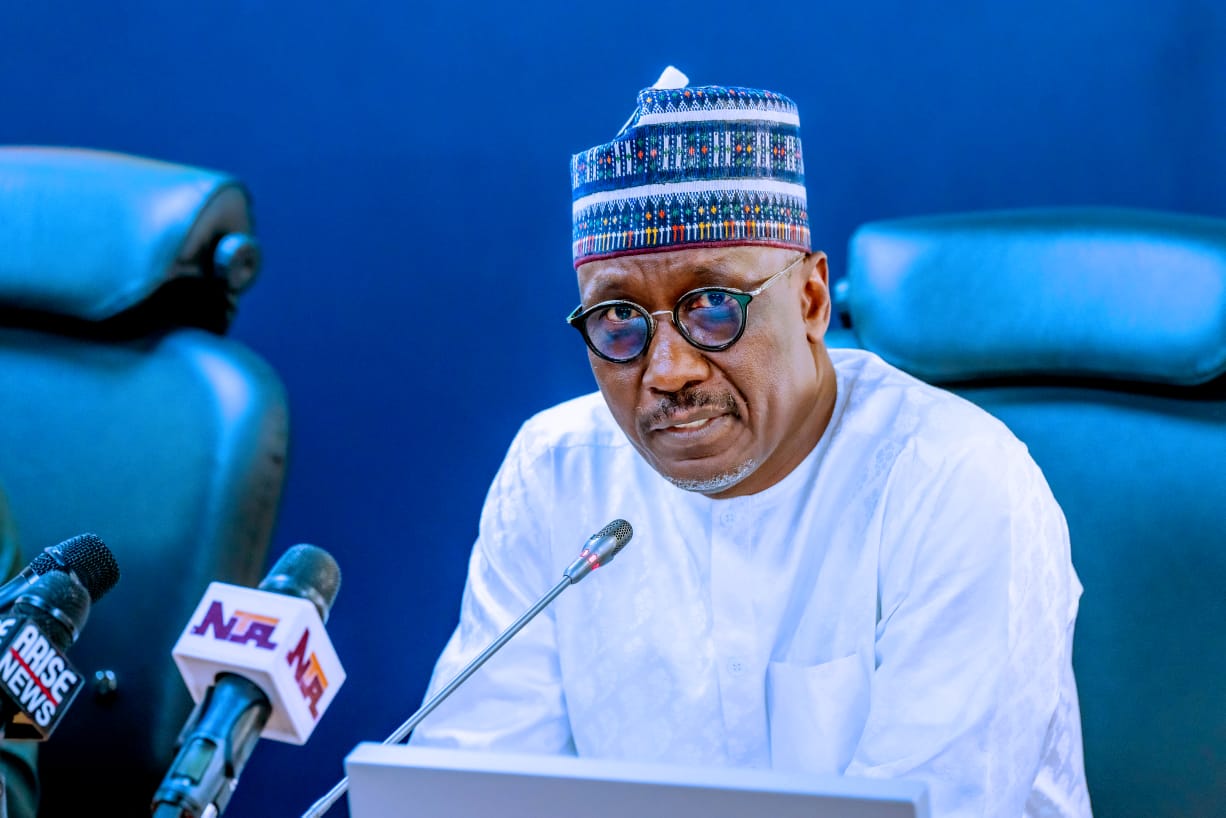


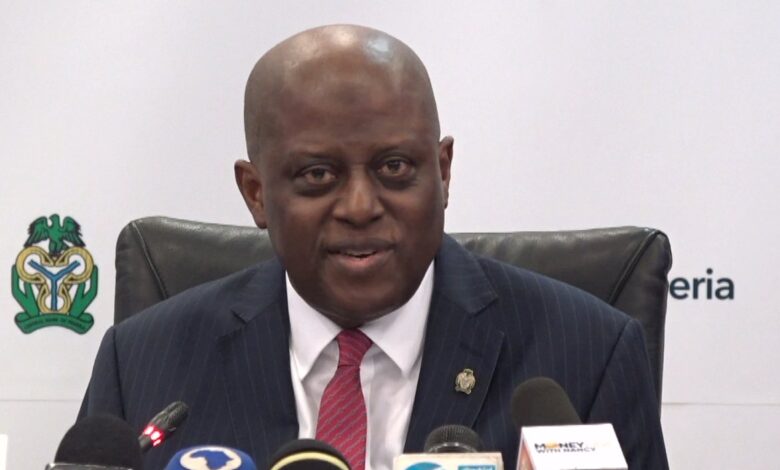
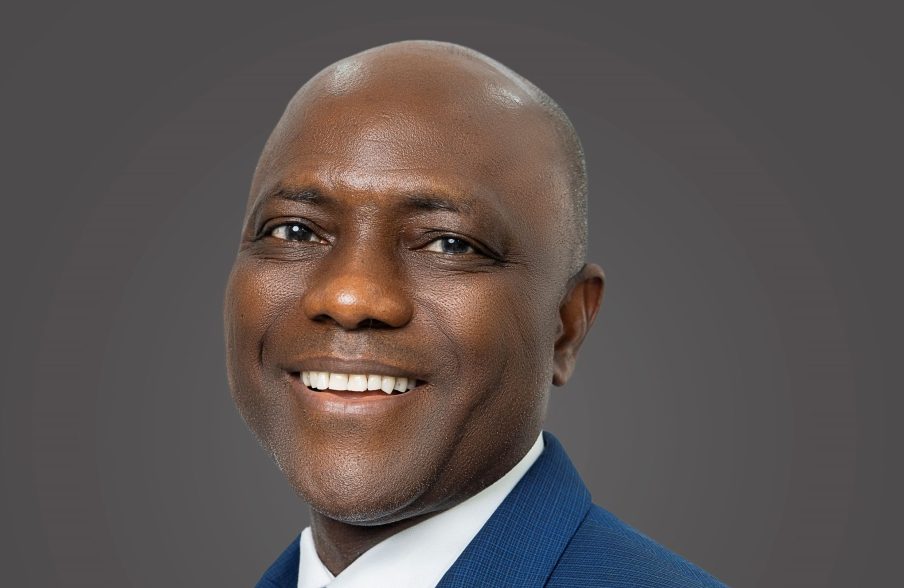
Leave a comment